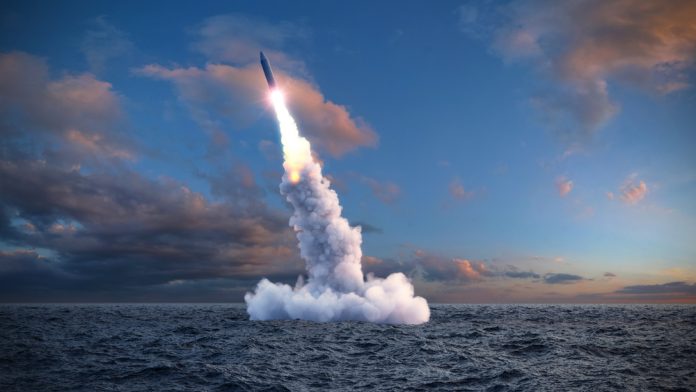North Korea has fired missiles over Japan’s Hokkaido island, in which Prime Minister Shinzo Abe referred to as an “unprecedented” threat to his country.
The missile test took part early on Tuesday morning, local time, flying over the northern island before entering the sea. The test comes as U.S. and South Korean forces begin military exercises North Korea do not agree with.
Japanese Prime Minister Shinzo Abe said: “The outrageous act of firing a missile over our country is an unprecedented, serious and grave threat and greatly damages regional peace and security,”
Abe added that Japan would “strongly call for increased pressure on North Korea in cooperation with the international community”.
Trump has said that he is “100 percent with Japan”.
Russia has also made their feelings clear on the issue. Deputy Foreign Minister Sergei Ryabkov said the country was “extremely worried” about the situation and warning of a “tendency towards an escalation”.
This is not the first time North Korea has sent a missile over Japan. Previous occurrences happened 1998 and 2009, with North Korea claiming they were satellites. The country has also carried out some missile tests over the sea in recent months.
Japan did not shoot down the missile but made a warning to residents on the northern island to take shelter in “a sturdy building or basement”.
Public broadcaster NHK said it was launched from Pyongyang, the North Korean capital, and passed over Hokkaido just after 6 am local time. Soon after flying over the northern island, the missile broke into three parts and landed in the sea.
The missile was thought to have travelled 2,700 km ((1,680 miles) and reached the maximum height of 550 km (340 miles).
“The U.S. should know that it can neither browbeat the DPRK with any economic sanctions and military threats and blackmail nor make the DPRK flinch from the road chosen by itself,” North Korea’s official Rodong Sinmun said on Tuesday, remaining defiant.

